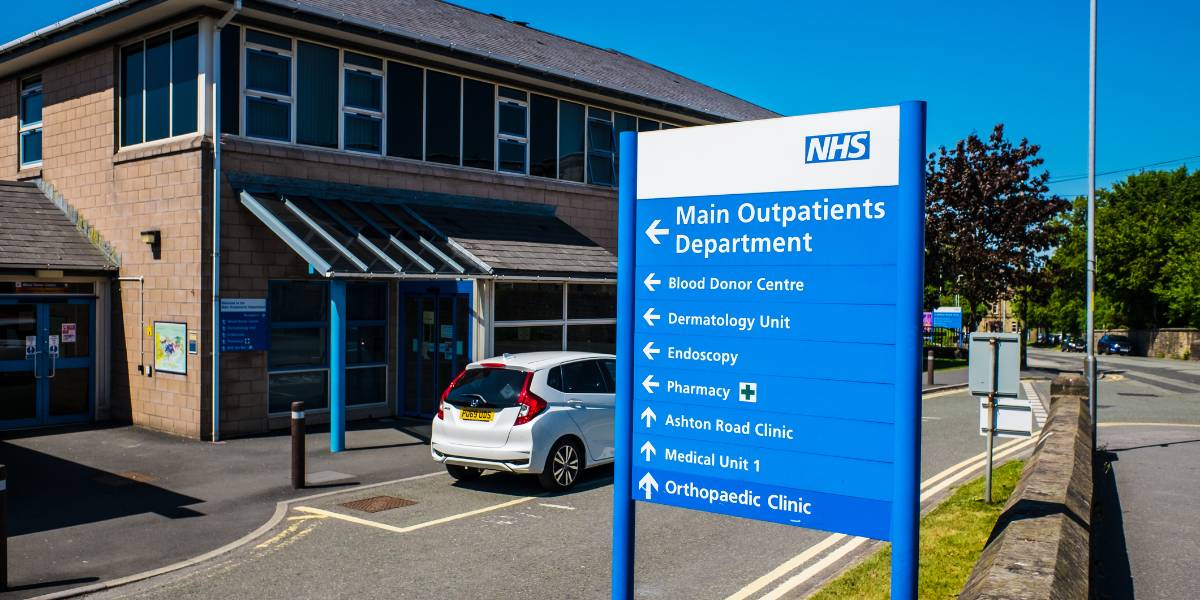In 2022, the NHS spent a ‘shocking’ £1.5 billion on diabetes drugs, the highest figure since records began.
Over the last five years, the cost of insulin and metformin has increased by 50% due to rising obesity rates triggering a surge of type 2 diabetes cases.
Being overweight can increase your risk of developing type 2 diabetes, a condition which can be reversed by losing weight.
- T1DFC: Dad launches type 1 diabetes football team following son’s diagnosis
- Semaglutide: Guidance issued on global shortage of diabetes drug
Tam Fry, Chair of the National Obesity Forum, said: “We should actually be trying to prevent obesity in the first place.”
More than three million people living with diabetes were prescribed drugs in 2022/23, up 2.7 million from 2015/16.
Last year, nearly 66 million prescriptions were administered for people living with diabetes, equivalent to 180,000 per day.
According to the reports, roughly 15% of these prescriptions were for semaglutide, otherwise known under its brand name Ozempic.
“We are now entering an era which I believe is hugely concerning. We have now got into a ridiculous situation,” said Mr Fry.
He added: “For weight loss and obesity, it is totally inappropriate to use if you are not a BMI of over 35.
“To me it is absolutely bananas that we are now starting to spend a lot of money for quite an expensive drug when we should be actually trying to prevent obesity in the first place.”
- Obesity epidemic drives NHS prescription cost past £10 billion
- Mounjaro may soon be approved by NHS for weight loss
Metformin is the most common treatment option for type 2 diabetes. It helps the body respond to insulin.
Charlotte Summers, Director of DDM Health, said: “There is an urgent need for proactive measures to address the root causes of obesity. We firmly believe in the power of precision weight loss as a means to sustain a healthy weight. Prevention is the most sustainable and cost-effective approach.”
“By focusing on personalised weight loss strategies, we can help individuals reduce their risk of developing type 2 diabetes and alleviate the financial burden on our healthcare system.”




